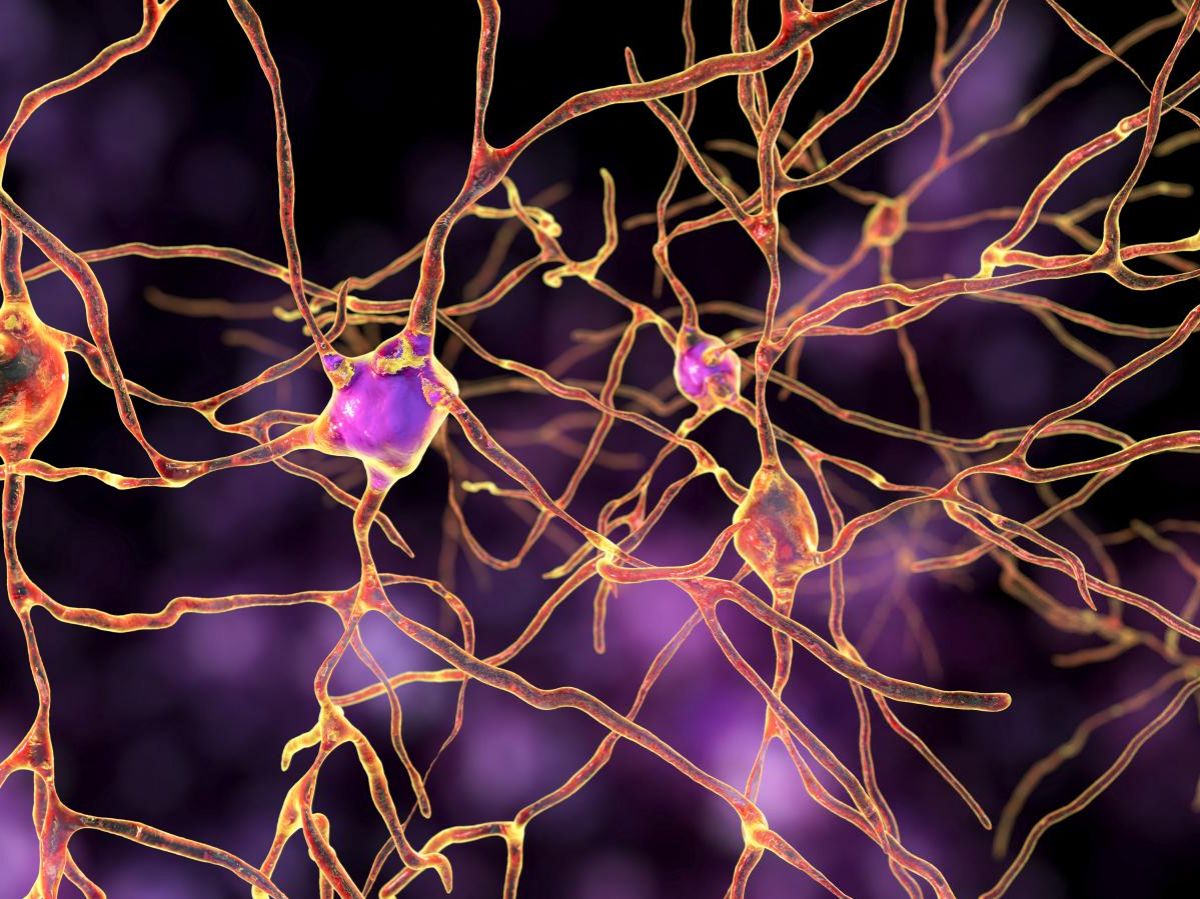In 90% cases, Huntington's disease manifests itself through sudden, unpredictable and involuntary movements. A symptom called "chorea", which gave its other name to this pathology: Huntington's chorea.
The cause: a genetic mutation. Around 18,000 people in France are carriers. For the moment, this hereditary disease is incurable. However, several therapeutic avenues are currently being studied. They are gradually emerging, as the mechanisms underlying this disease are better understood.



